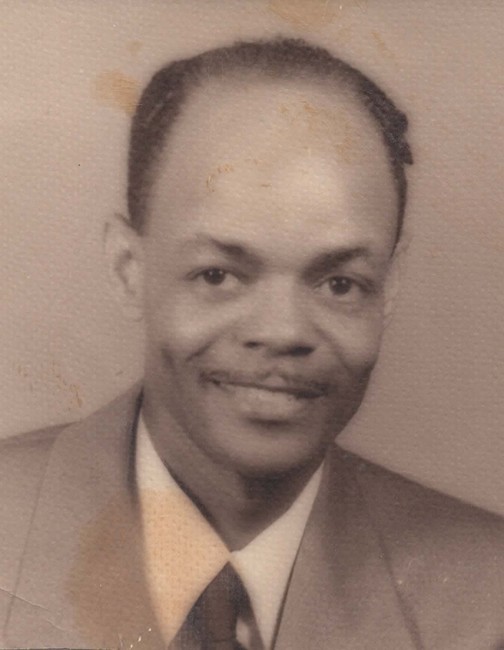CELEBRATING BLACK HISTORY MONTH
AFRICAN-AMERICAN INVENTORS
Otis Frank Boykin (August 29, 1920, Dallas, Texas – March 13, 1982, Chicago, Illinois) was an African-American inventor and engineer. His mother was a maid, who died of heart failure when Otis was a year old. This inspired him to make the pacemaker. His father Walter was a carpenter, who later became a minister. Boykin attended Booker T. Washington High School in Dallas, where he was the valedictorian, graduating in 1938. He attended Fisk University on a scholarship and worked as a laboratory assistant at the university’s nearby aerospace laboratory. He then moved to Chicago, where he studied at Illinois Institute of Technology, but dropped out after two years; some sources say it was because he could not afford his tuition, but he later told Julia Scott Reed of the Dallas Morning News that he left for an employment opportunity and did not have time to return to finish his degree. He was discovered and mentored by Dr. Denton Deere, an engineer and inventor with his own laboratory.
He graduated from Fisk University in 1941 and got a job as a laboratory assistant, testing automatic aircraft controls. In 1944, he moved on to work for the P.J. Nilsen Research Labs in Illinois. Shortly thereafter, he started his own company, Boykin-Fruth Inc. The firm Boykin-Fruth, Inc., would collaborate on a number of projects.
Boykin patented 28 electronic devices. One of his early inventions was an improved wire resistor, which had reduced inductance and reactance, due to the physical arrangement of the wire. Other notable inventions include a variable resistor used in guided missiles and small component thick-film resistors for computers.
Boykin’s most famous invention was likely a control unit for the artificial cardiac pacemaker. The device essentially uses electrical impulses to maintain a regular heartbeat.
Boykin died of a heart failure in Chicago in 1982.
